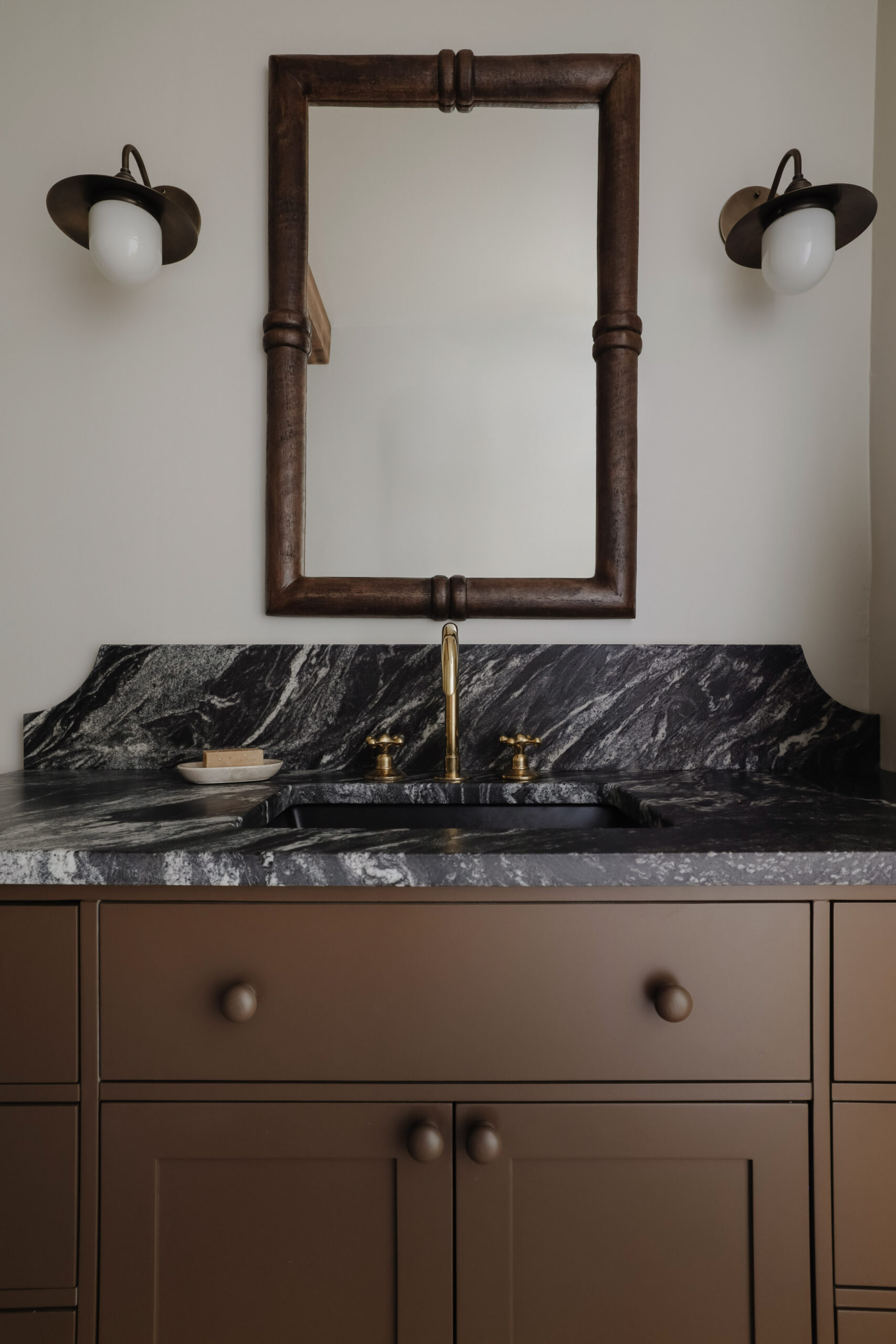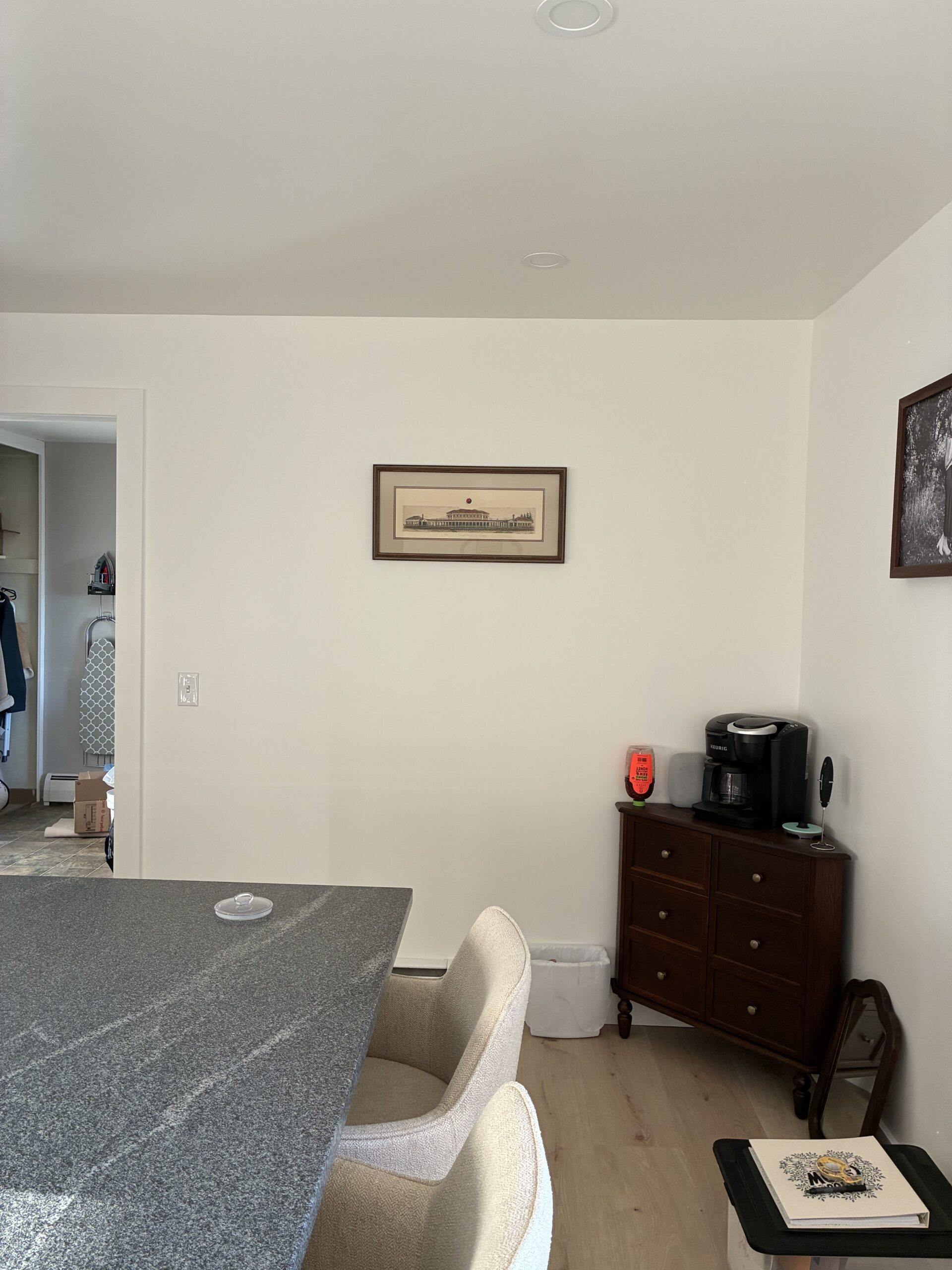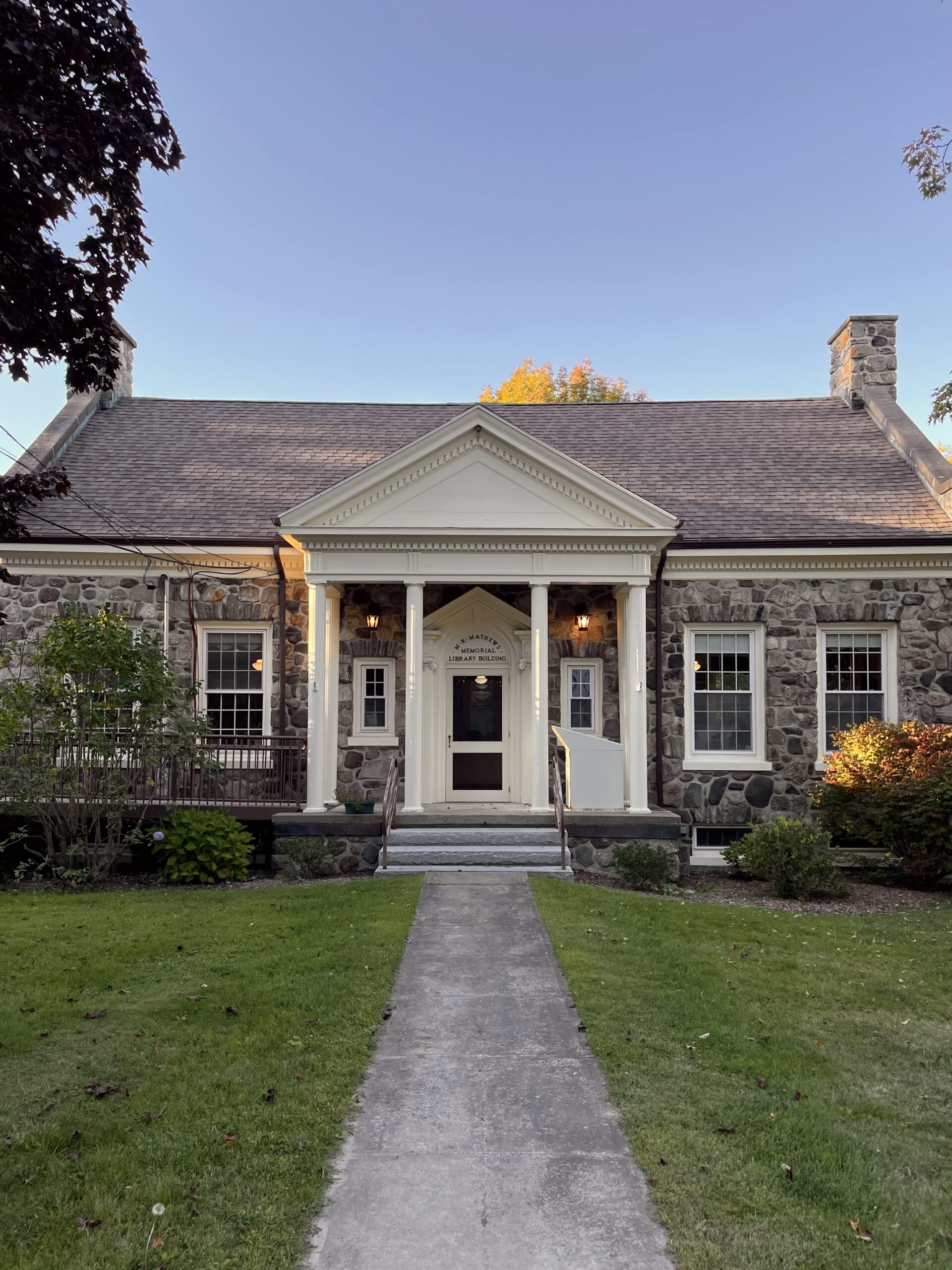This post contains affiliate links.
With so many countertop options, it’s important to know the pros, cons, requirements, and fine print with each. Today we’re discussing granite countertops and everything you need to know about its durability, maintenance, and specifications.

For most, when you think of granite you think of this…brown, beige, and gold speckled countertops. This style trended heavily during the late 80’s and into the 90’s becoming the coveted countertop material in luxury kitchens. However, granite is much more than just brown specks and the photos in this article are proof of that. Some granite features deep hues and veins that resemble soapstone.
So if you’re not into speckled granite, don’t count it out before you read this article because there are many benefits to granite that make it a superior countertop material. Let’s dive into everything you need to know about granite countertops.

Granite Countertop Specs
100% NATURAL: Granite is a natural stone and each slab is unique.
HEAT RESISTANCE: Granite is considered one of the most heat resistant countertops and will not melt or blister when exposed to heat. While granite can tolerate heat, extended exposure to high temperatures is not recommended. Using a trivet is still recommended.
SCRATCHES & CHIPS: Granite is considered one of the Earth’s hardest stones making scratches and chips rare.
STAINS: Granite is considered a porous stone, however the darker the granite, the more dense it is. The lighter the granite, the more porous it is. Generally, most granites have a naturally low moisture absorption rate. Hence, staining is typically not a concern unless liquids are left for a long period of time. Unlike marble, granite is not affected by citric acid, coffee, tea, alcohol, or wine. For added security against stains, most fabricators apply a sealant. More on sealants below!
BACTERIA RESISTANCE: Granite is naturally bacteria resistant. A sealant and regular cleaning is recommended to maintain its resistance to bacteria.
CLEANING: Mild soap and water or natural stone cleaner is recommended to clean granite.
SEALING: Most fabricators apply a sealant on granite upon installation as a “just in case” layer of stain protection. How frequently you need to reseal depends on the sealant’s manufacturer recommendations. Generally, experts recommend resealing granite once a year.
LOW MAINTENANCE: For all the reasons above, granite is considered low maintenance.

Designers: Marianne Brown, Katie Holloman, Georgia Barnes, Maddie Kiene
Styling: Marcie Bodell Busath
Photography: Caroline Simmons

Quartz Countertops: The Pros, Cons, & Care Needs

Soapstone Counters: The Pros, Cons, & Care Needs

Quartzite Countertops: Pros, Cons, & Care Needs

Marble Countertops: The Pros, Cons, & Care Needs
DO YOU WANT
The Inside Scoop
Where behind the scenes, exclusive advice, and candid conversations are sent straight to your inbox every week.


